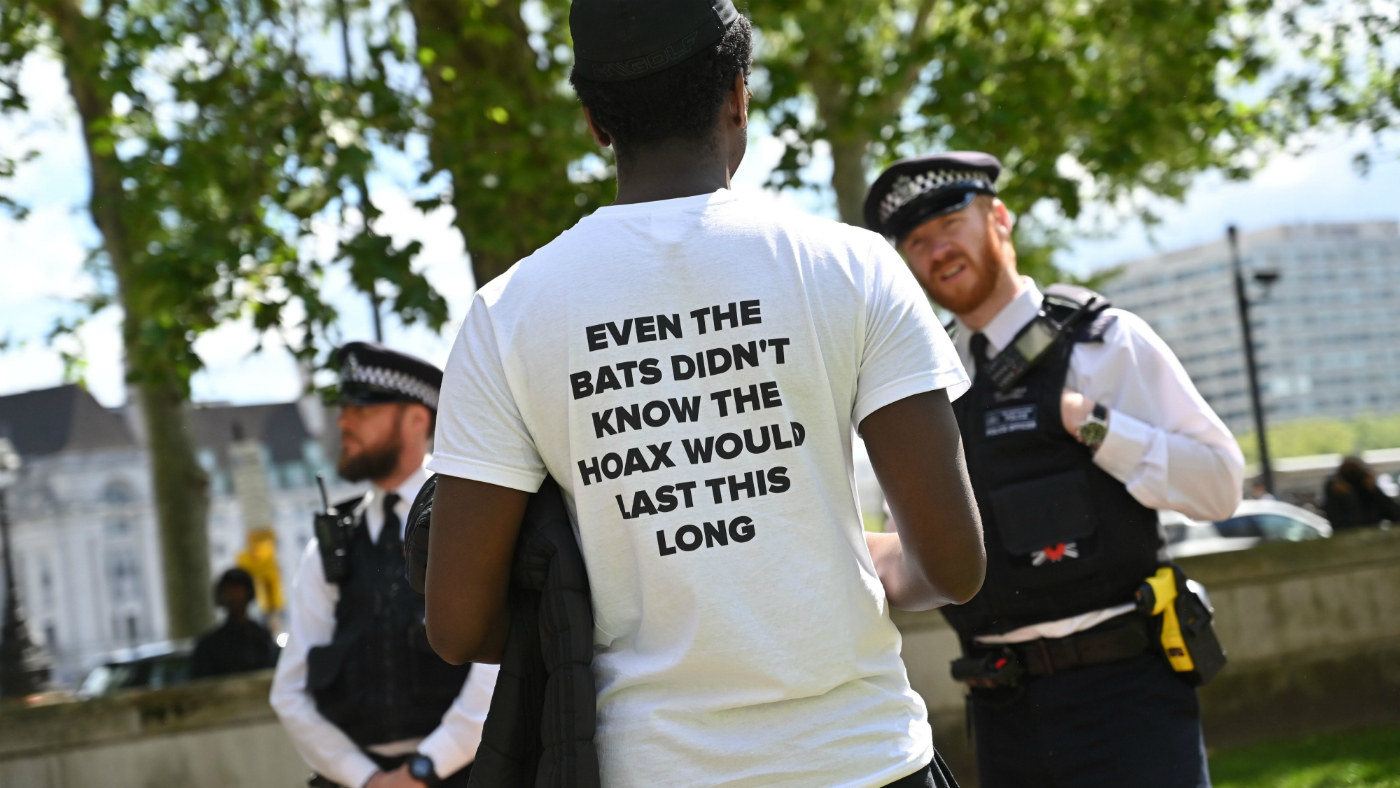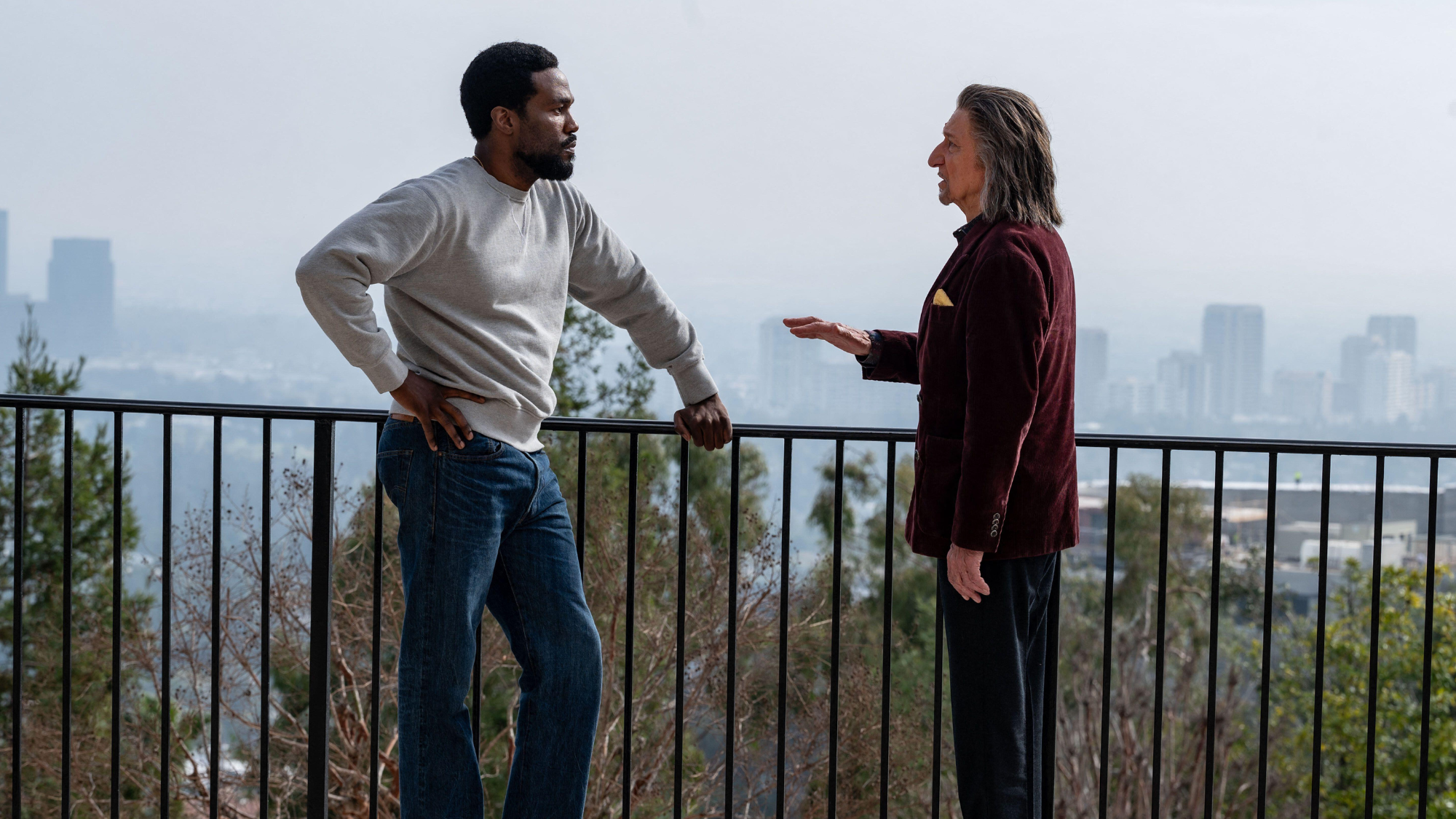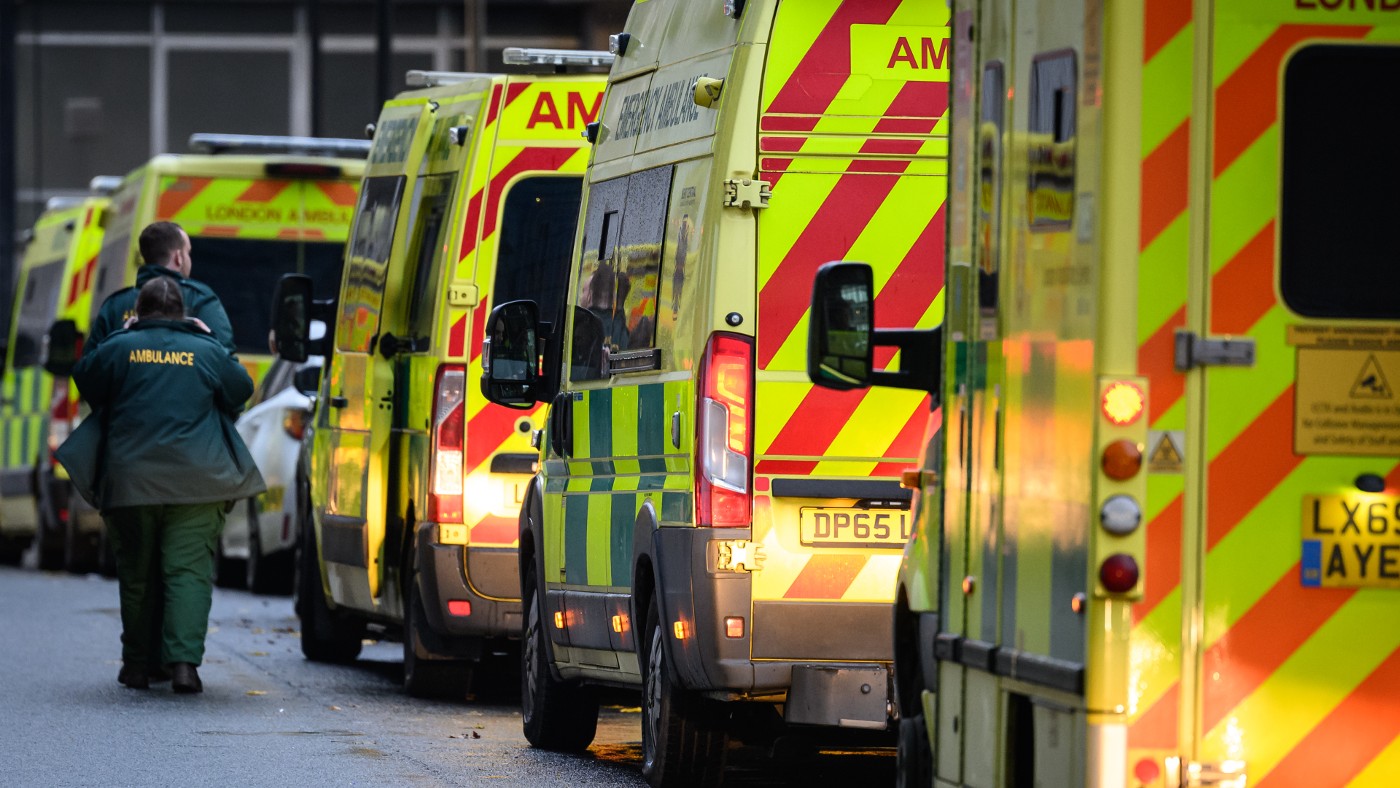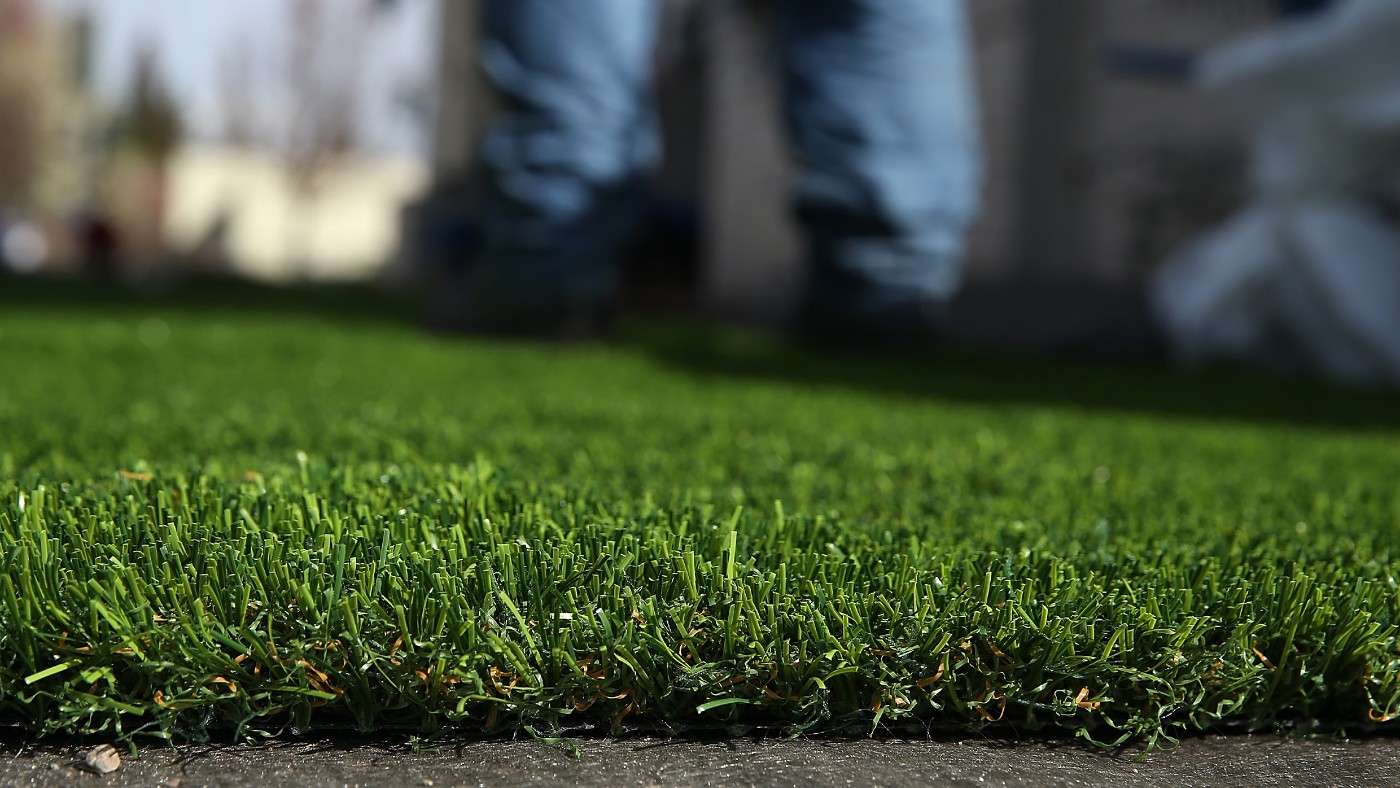Instant Opinion: the coronavirus pandemic is putting ‘democracy at stake’
Your guide to the best columns and commentary on Friday 20 November

A free daily email with the biggest news stories of the day – and the best features from TheWeek.com
You are now subscribed
Your newsletter sign-up was successful
The Week’s daily round-up highlights the five best opinion pieces from across the British and international media, with excerpts from each.
1. Christoph Strack on Deutsche Welle
on the fear of corona-fascism
The Week
Escape your echo chamber. Get the facts behind the news, plus analysis from multiple perspectives.

Sign up for The Week's Free Newsletters
From our morning news briefing to a weekly Good News Newsletter, get the best of The Week delivered directly to your inbox.
From our morning news briefing to a weekly Good News Newsletter, get the best of The Week delivered directly to your inbox.
Amid coronavirus, democracy is at stake
“Since March, the German government - like other governments all over the world - has been struggling to deal with the COVID-19 pandemic. It has introduced concrete measures to contain the virus, calling on people to wear face masks and banning gatherings in public spaces. It has imposed restrictions on cultural life, on the food and catering industry, on hotels and also on places of worship. These measures have been annoying and painful for almost everyone - and some have also seen them as a violation of their fundamental rights. On Wednesday, demonstrators - among them COVID-19 deniers and supporters of the right-wing populist Alternative for Germany (AfD) - went so far as to compare the government's proposed measures with the Enabling Act of 1933 which paved the way for Hitler's dictatorship.”
2. Jeremy Gilbert in The Guardian
on a coalition of the unwilling
A free daily email with the biggest news stories of the day – and the best features from TheWeek.com
Only electoral reform will rid the Labour party of factionalism
“In a normal parliamentary democracy where seats are allocated according to the proportion of votes received nationally, none of these people would be in the same party. Corbyn would lead an explicitly socialist party, whose internal bureaucracy would not have spent the past five years trying to undermine him. Starmer would be leading a moderate centre-left party. The Liberal Democrat and Green parties would each have far more MPs, reflecting their actual levels of public support. The Tories, with only 43% of the popular vote, would only have 43% of parliamentary seats. In all likelihood, we would be governed by some kind of centre-left coalition, from which Corbyn’s far-left party would try, and not always fail, to extract significant concessions.”
3. Timothy Egan in The New York Times
on the point of no return
Donald Trump is leaving behind blueprints to end democracy
“‘American democracy cracked last night, but it didn’t break,’ said Mayor Mike Duggan of Detroit, on the morning after the certification back-and-forth. ‘We are seeing a real threat to everything we believe in.’ One of those beliefs is the idea that honorable people will put aside partisan passions to keep the machinery of democracy moving forward. But it’s pretty hard to do that when the routine act of ballot counting has become a life-threatening job. Arizona’s secretary of state, Katie Hobbs, described ‘ongoing and escalating threats of violence’ against her and her family for trying to perform her duty. This is Trump’s legacy: an attempt to blow up an election, from Wayne County, Mich., to Maricopa County, Ariz. For Trump the failed businessman, cheating and suing were a way of life. For Trump the failed president, cheating and suing are a blueprint for his followers into the future. And I fear there’s no going back.”
4. Sarah Zhang in The Atlantic
on the taboo of the extra chromosome
The last children of Down Syndrome
“Denmark is unusual for the universality of its screening program and the comprehensiveness of its data, but the pattern of high abortion rates after a Down syndrome diagnosis holds true across Western Europe and, to a somewhat lesser extent, in the United States. In wealthy countries, it seems to be at once the best and the worst time for Down syndrome. Better health care has more than doubled life expectancy. Better access to education means most children with Down syndrome will learn to read and write. Few people speak publicly about wanting to “eliminate” Down syndrome. Yet individual choices are adding up to something very close to that.”
5. Guy Walters in The Spectator
on the death of formality
First names are for friends and family, not bosses and builders
“Using surnames is regarded as antiquated and far too deferential for our egalitarian times. From medical professionals to schoolteachers to salesmen, people now feel the need to address one another by first names. It is as if calling someone by their surname risks an impression of arch formality, and insisting on being referred to by one’s surname feels like pomposity. In the workplace and the legislature, even in hospitals and schools, the surname is as outmoded as wearing a tie or smoking a pipe. In fact, you are only likely to hear your surname in the more traditional quarters of the hospitality and retail industries, or in court. In effect, the surname, as a spoken form of address, is all but dead.”
-
 Wonder Man: a ‘rare morsel of actual substance’ in the Marvel Universe
Wonder Man: a ‘rare morsel of actual substance’ in the Marvel UniverseThe Week Recommends A Marvel series that hasn’t much to do with superheroes
-
 Is This Thing On? – Bradley Cooper’s ‘likeable and spirited’ romcom
Is This Thing On? – Bradley Cooper’s ‘likeable and spirited’ romcomThe Week Recommends ‘Refreshingly informal’ film based on the life of British comedian John Bishop
-
 A Shellshocked Nation: Britain Between the Wars – history at its most ‘human and revelatory’
A Shellshocked Nation: Britain Between the Wars – history at its most ‘human and revelatory’The Week Recommends Alwyn Turner’s ‘witty and wide-ranging’ account of the interwar years
-
 10 things you need to know today: January 7, 2024
10 things you need to know today: January 7, 2024Daily Briefing White House reportedly left unaware of defense secretary’s hospitalization, Biden to deliver State of the Union address on March 7, and more
-
 Penile fracture risk higher over Christmas
Penile fracture risk higher over ChristmasTall Tales And other stories from the stranger side of life
-
 Flies attack Donald Trump
Flies attack Donald TrumpTall Tales And other stories from the stranger side of life
-
 Confused man's front lawn is stolen
Confused man's front lawn is stolenTall Tales And other stories from the stranger side of life
-
 10 things you need to know today: September 5, 2023
10 things you need to know today: September 5, 2023Daily Briefing President Biden courts unions on Labor Day, thousands leave Burning Man after being trapped by desert mud, and more
-
 ‘Irony’ as Zoom calls staff back to office
‘Irony’ as Zoom calls staff back to officefeature And other stories from the stranger side of life
-
 Donald Trump criminal charges for 6 January could strain 2024 candidacy
Donald Trump criminal charges for 6 January could strain 2024 candidacySpeed Read Former president’s ‘pettifoggery’ won’t work well at trial, said analyst
-
 Residents told to stay indoors after lion seen on outskirts of Berlin
Residents told to stay indoors after lion seen on outskirts of BerlinSpeed Read Witnesses said they saw a big cat killing a wild boar near the German capital